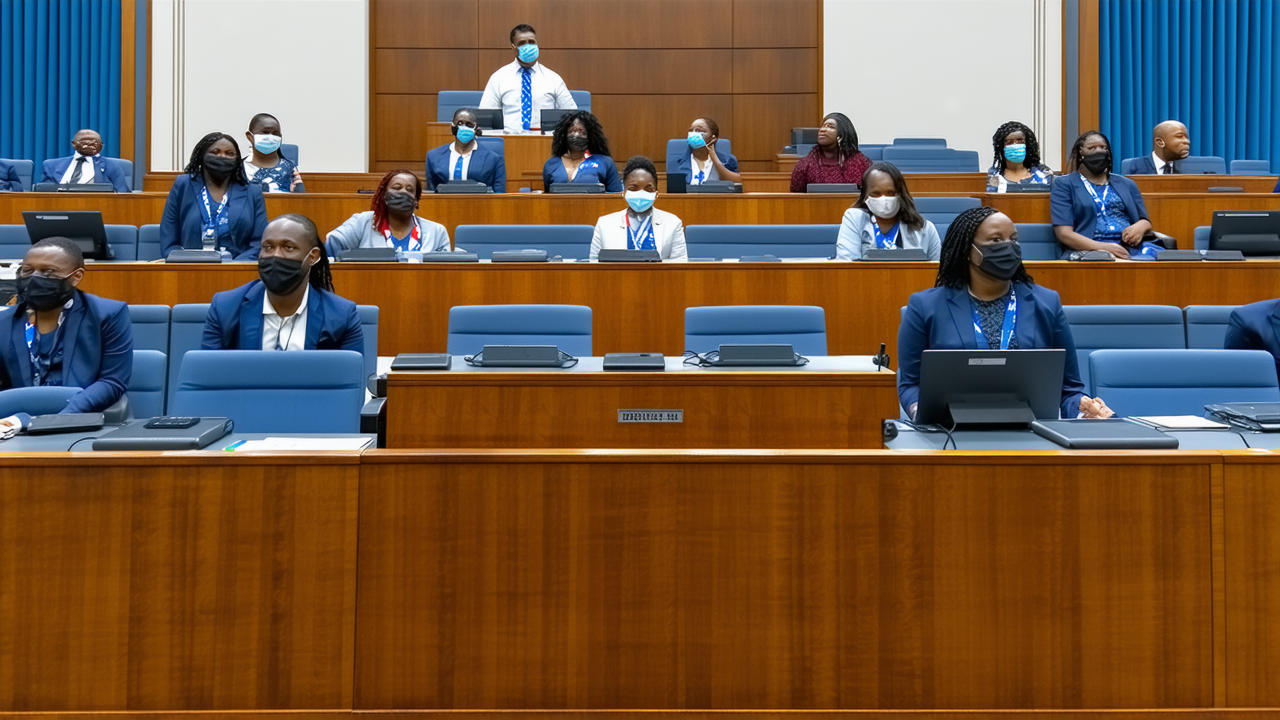How Pacific students took their climate fight to the world's highest court. And won.
Keywords: climate change, Pacific Islands, International Court of Justice, student activism, Vanuatu, climate justice, legal obligations, ICJ ruling, youth climate movement, environmental law
Back to News List
Tuesday, 29 July 2025
In 2019, a group of law students from the Pacific began a campaign that would eventually take them to the world's highest court. Their goal: to get the International Court of Justice (ICJ) to weigh in on what international law requires states to do about climate change, and what the consequences should be for states that harm the climate through actions or omissions.
The students, many from the Pacific Islands, had seen the effects of climate change firsthand. Rising sea levels, stronger storms, and the loss of land and culture were not abstract concepts to them — they were daily realities.
Their campaign gained momentum, and by 2022, Vanuatu had announced its intention to ask the United Nations General Assembly to request an advisory opinion from the ICJ. In March 2023, the UN assembly voted unanimously in favor of the request, and the court held two weeks of hearings in late 2023.
The court issued its advisory opinion in early 2024, finding that states have clear obligations under international law to curb emissions and protect human rights. It also stated that countries have a right to pursue restitution for loss and damage caused by climate change.
While the opinion is not legally binding, it carries significant legal and political weight. It has already begun to shift the climate movement, giving renewed courage and determination to activists around the world.
The journey from student-led campaign to a landmark ruling at the world's highest court is a testament to the power of youth activism and the importance of international law in the fight against climate change.
